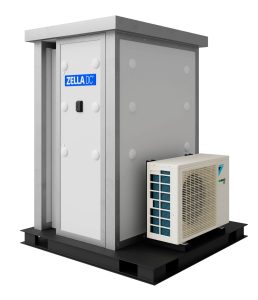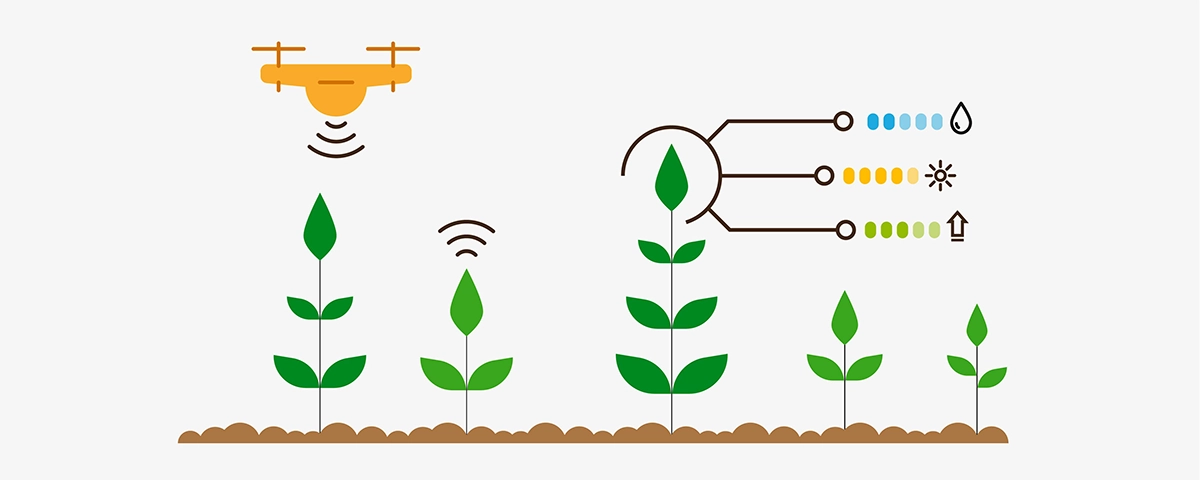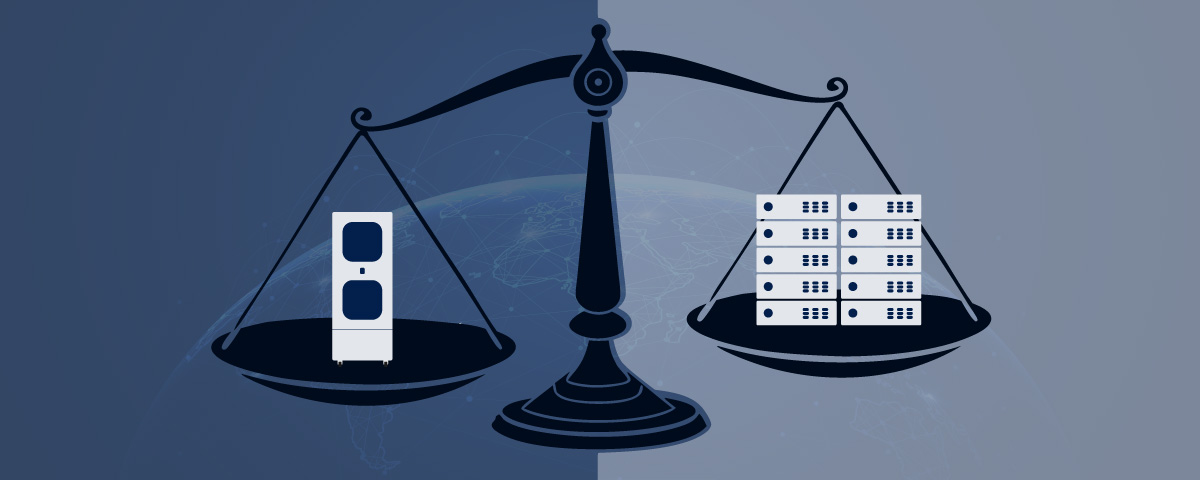While the crops that grow from the earth and the animals that we farm remain the same as always, the way the industry is managed is barely recognisable from that of even a few decades ago.
Sophisticated technology, such as drones, moisture sensors and robotics, have removed much of the guesswork from farming. Instead, information is gathered that allows for a far more exacting process – something that’s more needed than ever as climate change continues to alter the landscape.
Digital applications, such as Aeroponics, 3D mapping and livestock monitoring means today’s world of farming greatly relies on the transference of data. This requires information to travel from source to server and back to the point of access where it can be analysed.
This so-called, Smart Farming, depends on this data being collated smoothly and being instantly accessible. Thus, it requires an infrastructure that is able to cope and expand as necessary.
The Boundaries of Traditional Data Storage
All of this data takes up storage space. Traditionally, this has been in massive server rooms or, more recently, in the cloud. In the world of farming, this creates multiple issues.
- Data transfer is slow (an issue known as latency) because of the distance it needs to travel
- Due to the often remote location of farms it’s challenging to have the necessary infrastructure in place
- Building a dedicated server room to create an infrastructure is both expensive and time consuming (with the typical build time being measured in years)
- Cloud storage is expensive, can be slow, and represents a security risk
- Large server rooms are expensive to cool and represent a significant environmental cost
Enter the Micro Data Centre Solution
Micro Data Centres (MDCs) are a novel solution that are small, simple and fast to deploy. They can be utilised both within populated areas and remote regions. They operate from either AC or DC power, are portable, can be scaled as per data storage needs and are a far greener option than traditional storage rooms.
In addition, the use of an MDC close by the source of data generation – known as Edge Computing – means that data is instantly transferred, therefore latency is a thing of the past.
Advantages of MDCs include:
- No reliance on a third party service
- Inbuilt and robust security against both physical and cyber attack
- Instant data transfer at the primary location
- Portable – as per farming needs
- Dramatically reduced carbon emissions, thanks to reduced cooling needs
- Cheaper to run than traditional storage options
- Can be located anywhere – indoors or outdoors
- Robust and can withstand extremes of temperature
- Easy to maintain – no specialist knowledge required
- Fast to deploy
- Can be utilised with a variety of power sources, including wind or solar
As farming requirements further embrace more Internet of Things (IoT) devices, so the amount of data generated also continues to increase. The industry presents many unique scenarios. Taking advantage of an MDC to increase efficiency is proving to be a crucial element in helping farmers remain competitive in an ever-more challenging landscape.
 Zella DC has championed the advancement of Micro Data Centres, honing the technology over the past decade in the harshest of environments. Today’s offerings include a wide range of solutions, such the Zella Outback, a fully weatherproof data centre that can be sited outside and connected to a variety of power sources. Perfect for smart farms, smart mines, 5G telecom sites, etc.
Zella DC has championed the advancement of Micro Data Centres, honing the technology over the past decade in the harshest of environments. Today’s offerings include a wide range of solutions, such the Zella Outback, a fully weatherproof data centre that can be sited outside and connected to a variety of power sources. Perfect for smart farms, smart mines, 5G telecom sites, etc.
Ready to discover how the use of MDCs and Edge Technology can revolutionise your farming concern? Get in touch to book a free consultation.






